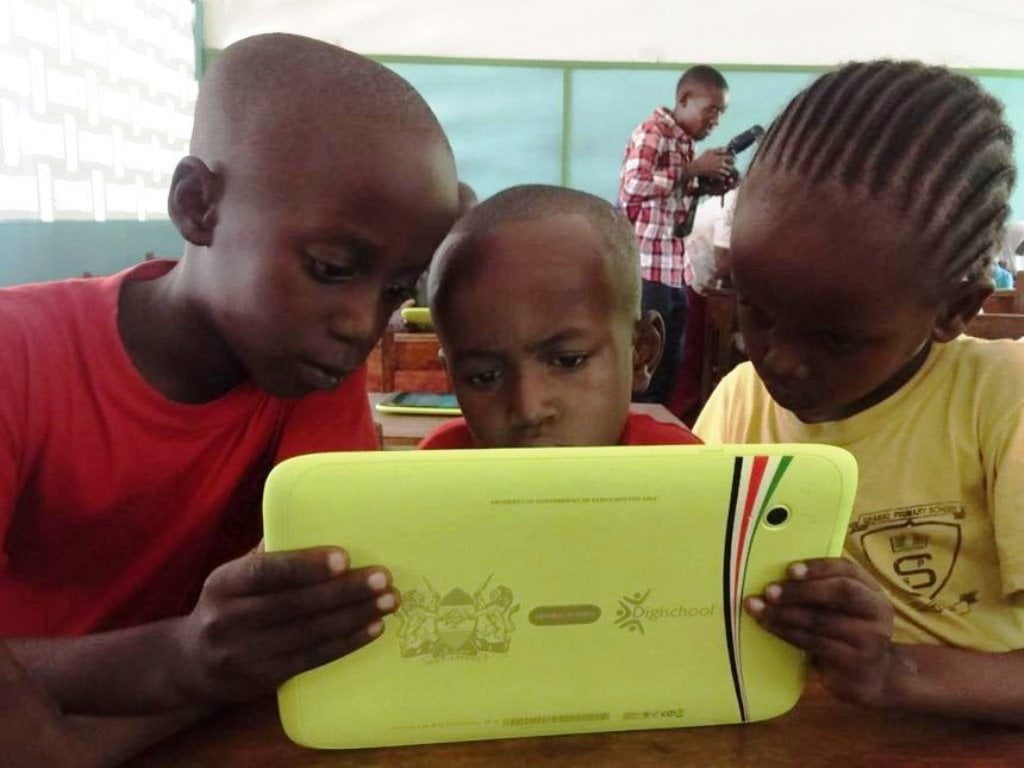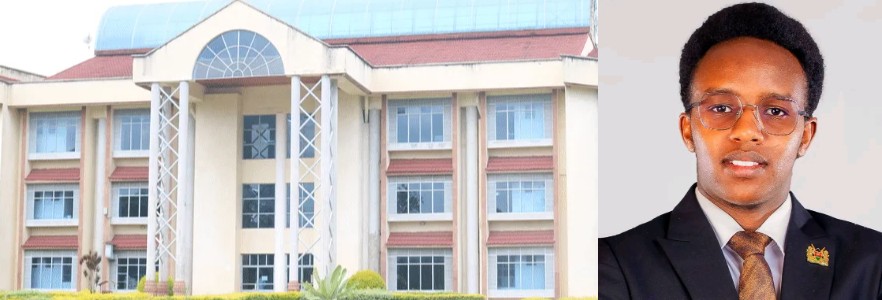By Robert Nyagah
The social and physical safety of children remains a priority in aiding them to participate and succeed in their academic and social endeavours, as negative influence of the internet poses a great danger to their well-being.
It is in line with this concern for safety that various ministries are partnering with the ministry of education and the community to ensure that children are protected from all forms of abuse right from their homes, in their schools and in the general environment.
Key ministries involved in the promotion of information communication and technology, and those safeguarding the rights of children, are mobilizing awareness through new legislations and laws which are often under review by experts from various institutions.
This is meant to expand awareness and ensure that Kenyans embrace efforts to have children protected from all types of abuse and so participate successfully in their education to eventually mature to responsible citizens.
Perhaps one of the most elaborate efforts was the recent launch of the National Reform Strategy and National Plan of Action by the government to tackle online child sexual exploitation and abuse.
The two key documents were launched by Professor Margret Kobia, the Cabinet Secretary in the Ministry of Public Service, Gender, Senior Citizens Affairs and Special Programmes, who praised them as having been aligned with the Constitution of Kenya, which stipulates that children need both parents even while being protected from all abuse and exploitation.
Few children are able to access education, which is one of the fundamental rights growing up into responsible adults.
Prof Kobia explained that while the internet was a tool for children to engage in empowering content, it was like a double-edged sword which could be misused through aiding children access dirty content.
She said it was the responsibility of the government, parents, guardians and the general public to continually protect vulnerable children from dirty content in the internet.
With most child protection laws being focused on making children access their rights, key among them education, new guidelines and policies will also protect them more strongly from vices such as Female Genital Mutilation (FGM), child marriages and child labour.
Prof. Kobia sadly acknowledges that children across isolated parts of the country continued to suffer harmful practices despite elaborate laws, legislations and policies, hence the need for concerted efforts among all stakeholders.
Apart from the need for expanded awareness campaigns, Prof Kobia emphasized the need to tighten up the implementation of existing laws, guidelines and policies, while writing and adopting new deterrent measures to safeguard children better.
Stakeholder from various government departments where the rights of children emerge as a central theme have always acknowledged that FGM, early marriage, neglect, sexual exploitation and physical abuse were hugely to blame for growing school dropout rates.
Issues have also been raised over how the government promotes its new legislation given that parents, guardians, school managements and even the chiefs and their assistants rarely work in coordinated fashions to promote any major campaigns.






